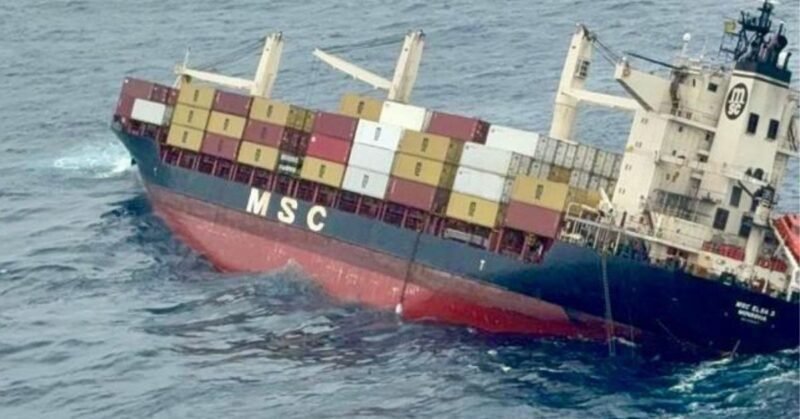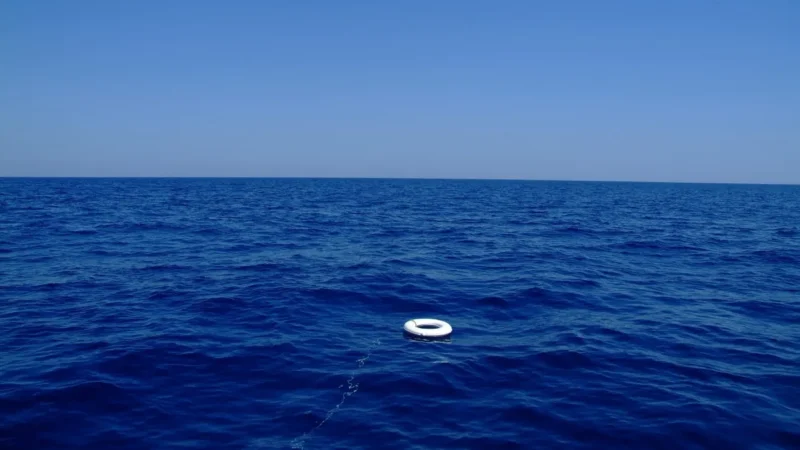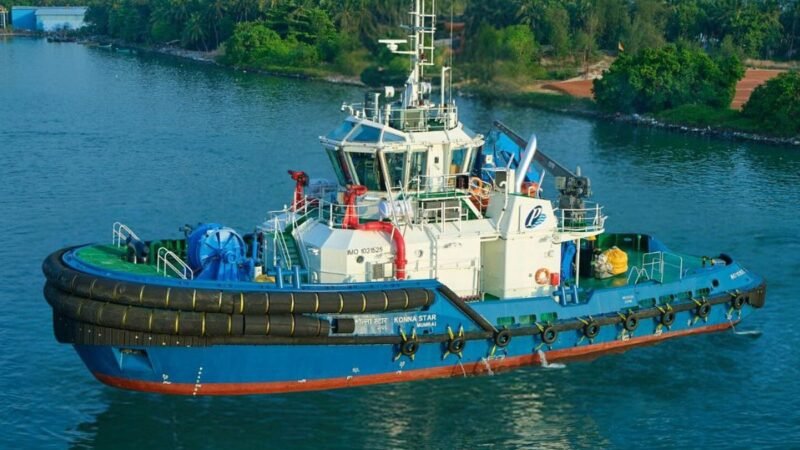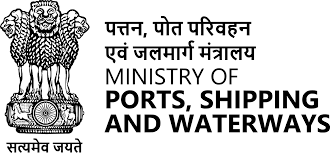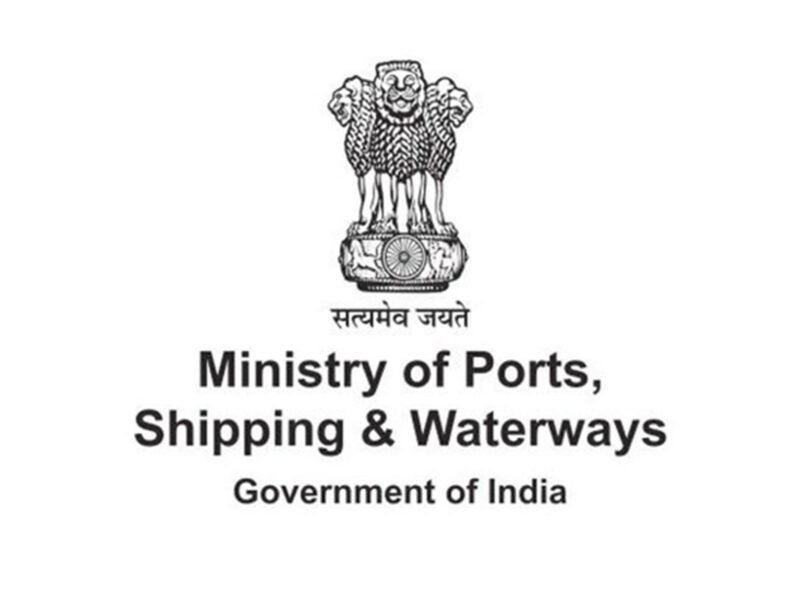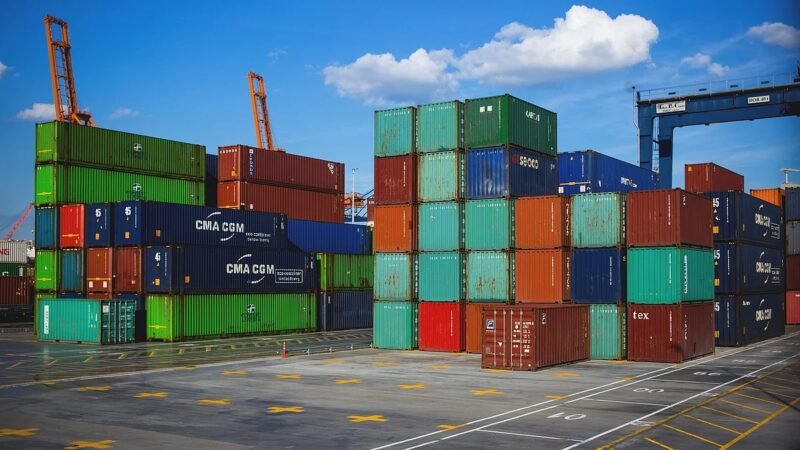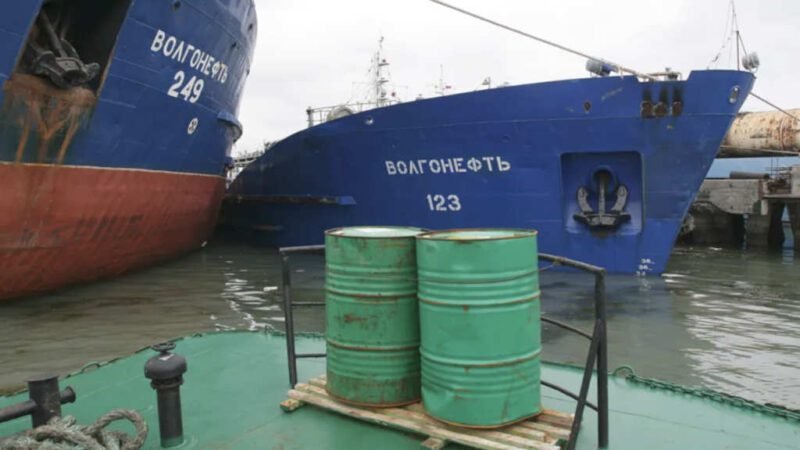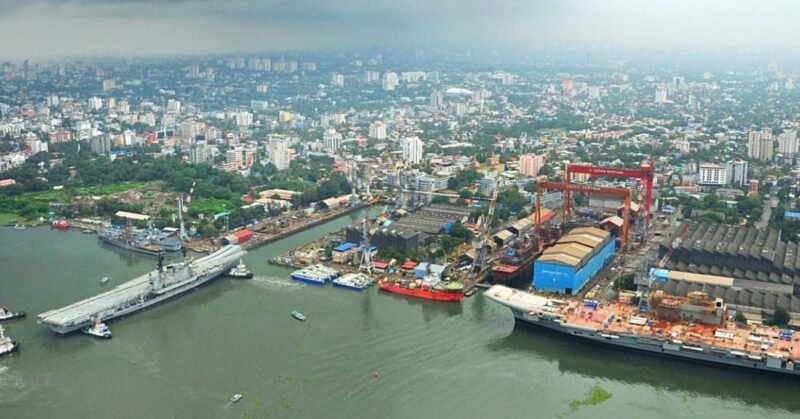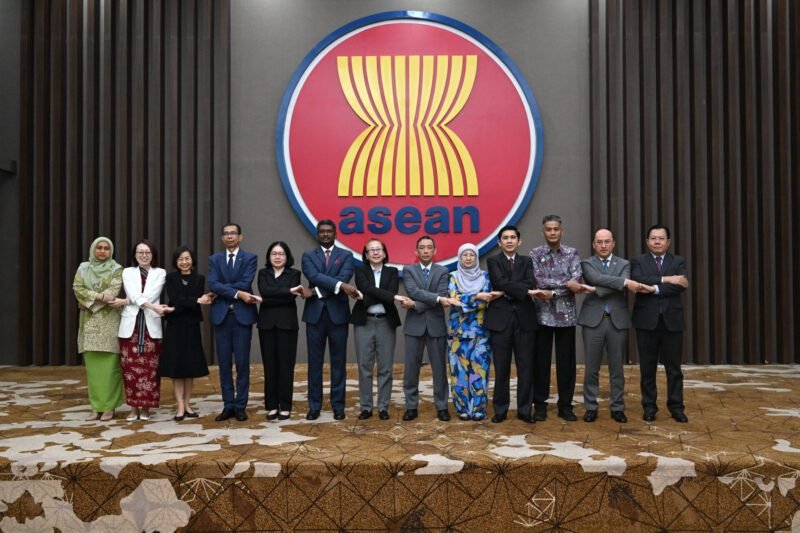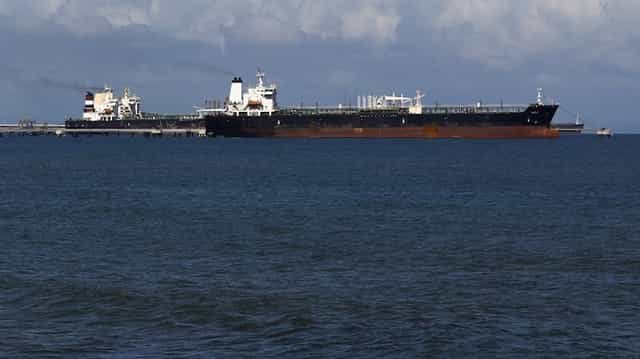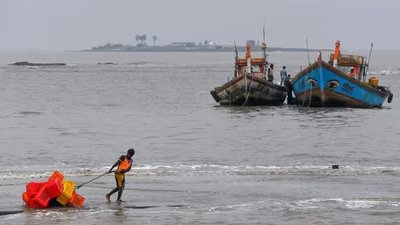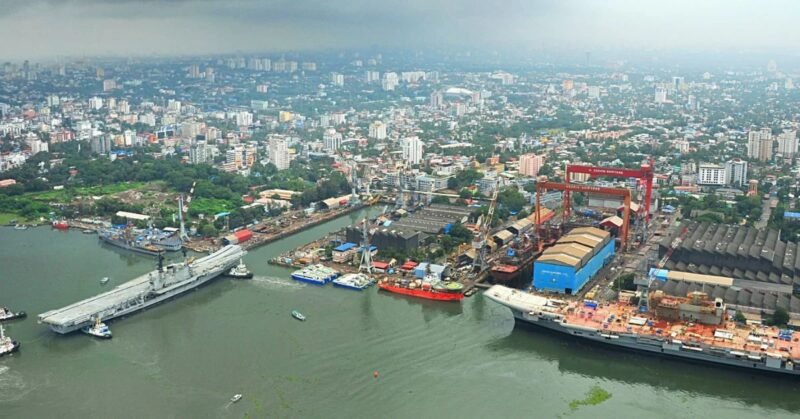On May 25, the Liberian-flagged vessel MSC ELSA 3 capsized off the coast of Kerala, highlighting India’s troubling dependence on ships under Flags of Convenience (FoC). These vessels, which comprise over 97% of India’s export-import trade, pose significant vulnerabilities due to lax regulatory oversight. While FoC registries offer cost advantages, they often result in diminished accountability, with regulatory frameworks that allow shipowners to bypass stringent labor and safety laws.
The MSC ELSA 3 incident underscores the risks associated with this model, with the Liberia flag state declining to participate in the investigation, revealing the flaws in the FoC system. Ships can be owned, operated, and flagged in different nations, complicating accountability when accidents occur. For India, this poses a challenge as it aspires to be a global maritime hub with limited power over the safety and operation standards of these vessels.
In light of increasing geopolitical and environmental risks, India must advocate for stricter international regulations of FoC regimes via the International Maritime Organization (IMO). The current reliance on these ships, while economically favorable, undermines India’s maritime security and weakens its domestic shipping industry. Addressing these challenges is crucial for ensuring safer and more sustainable maritime trade.


